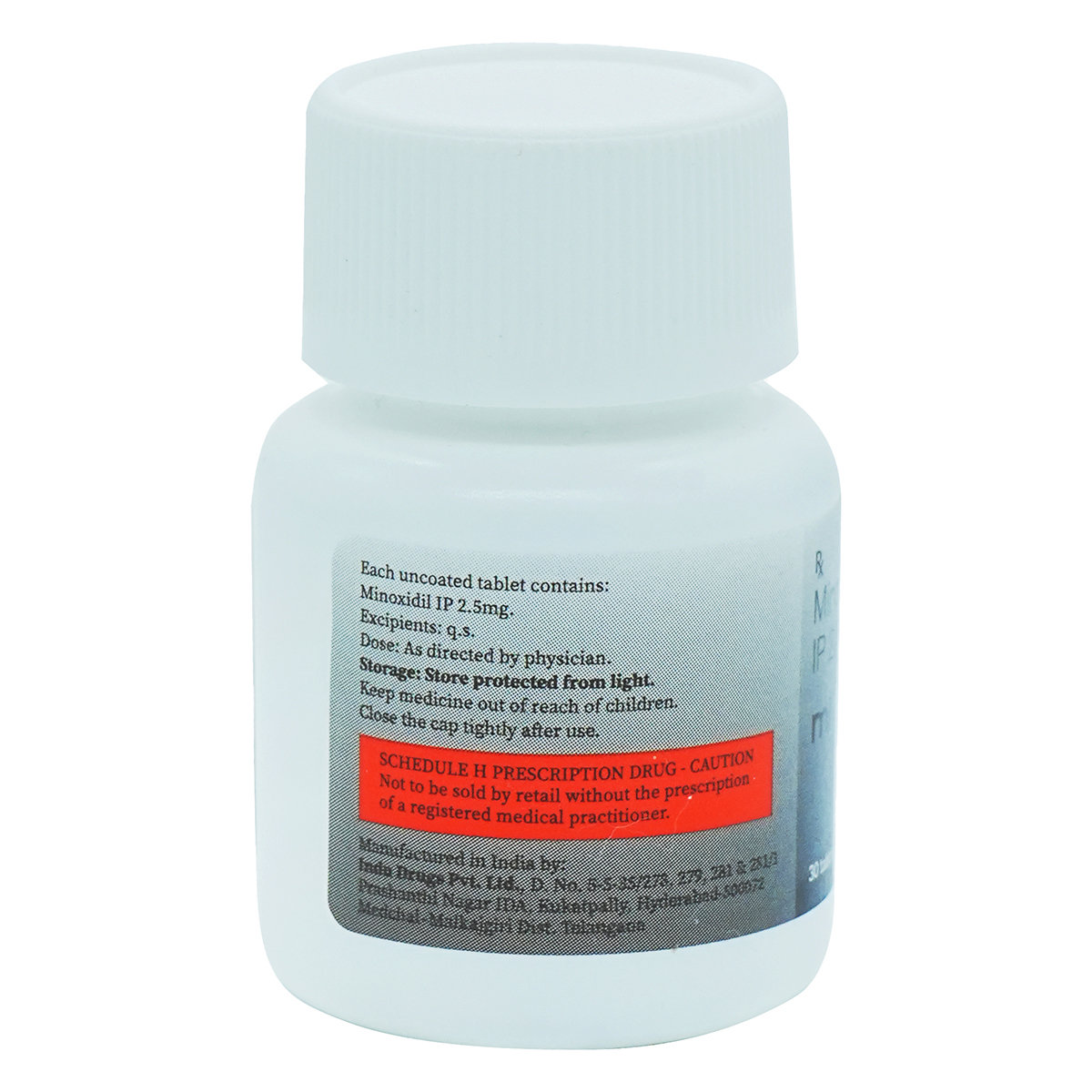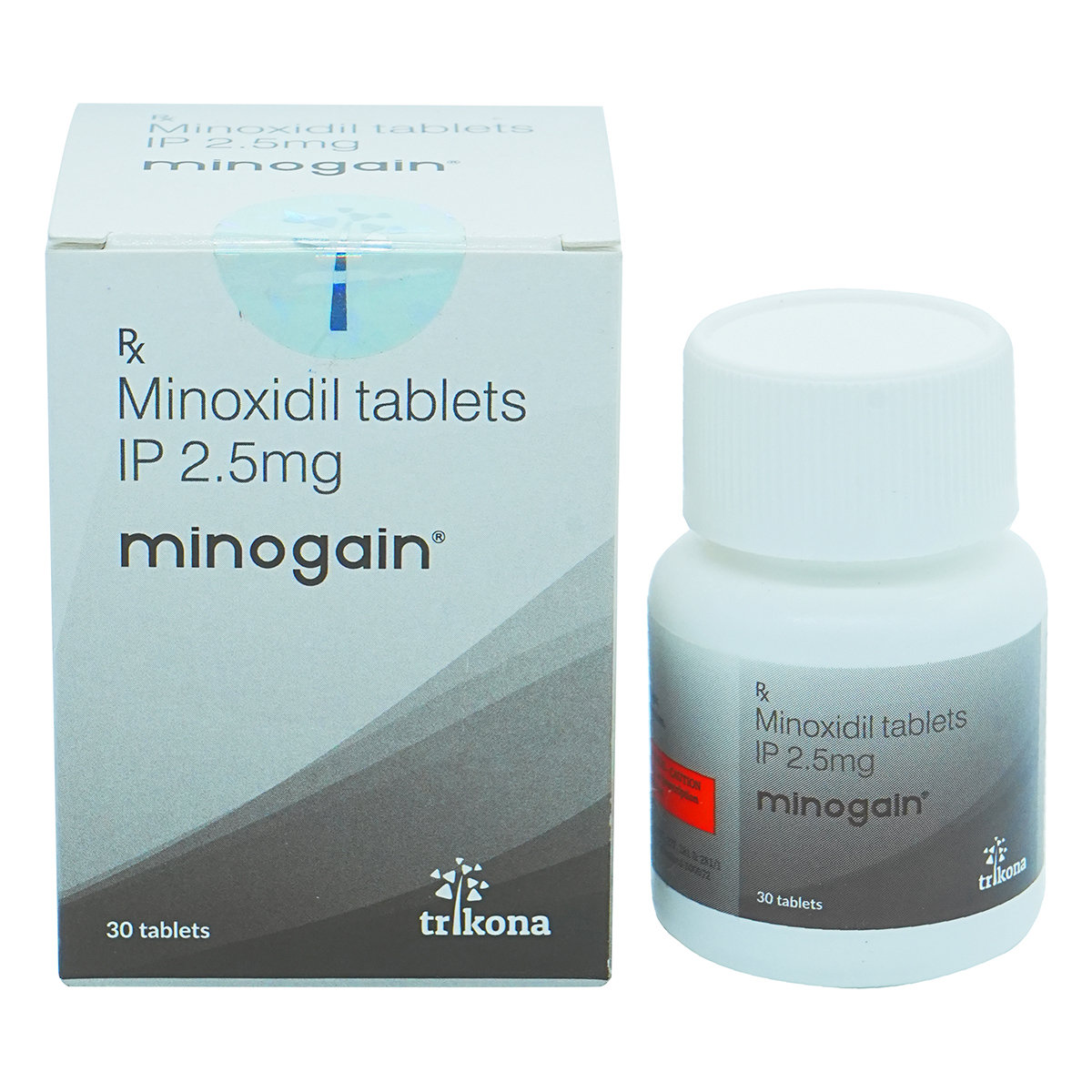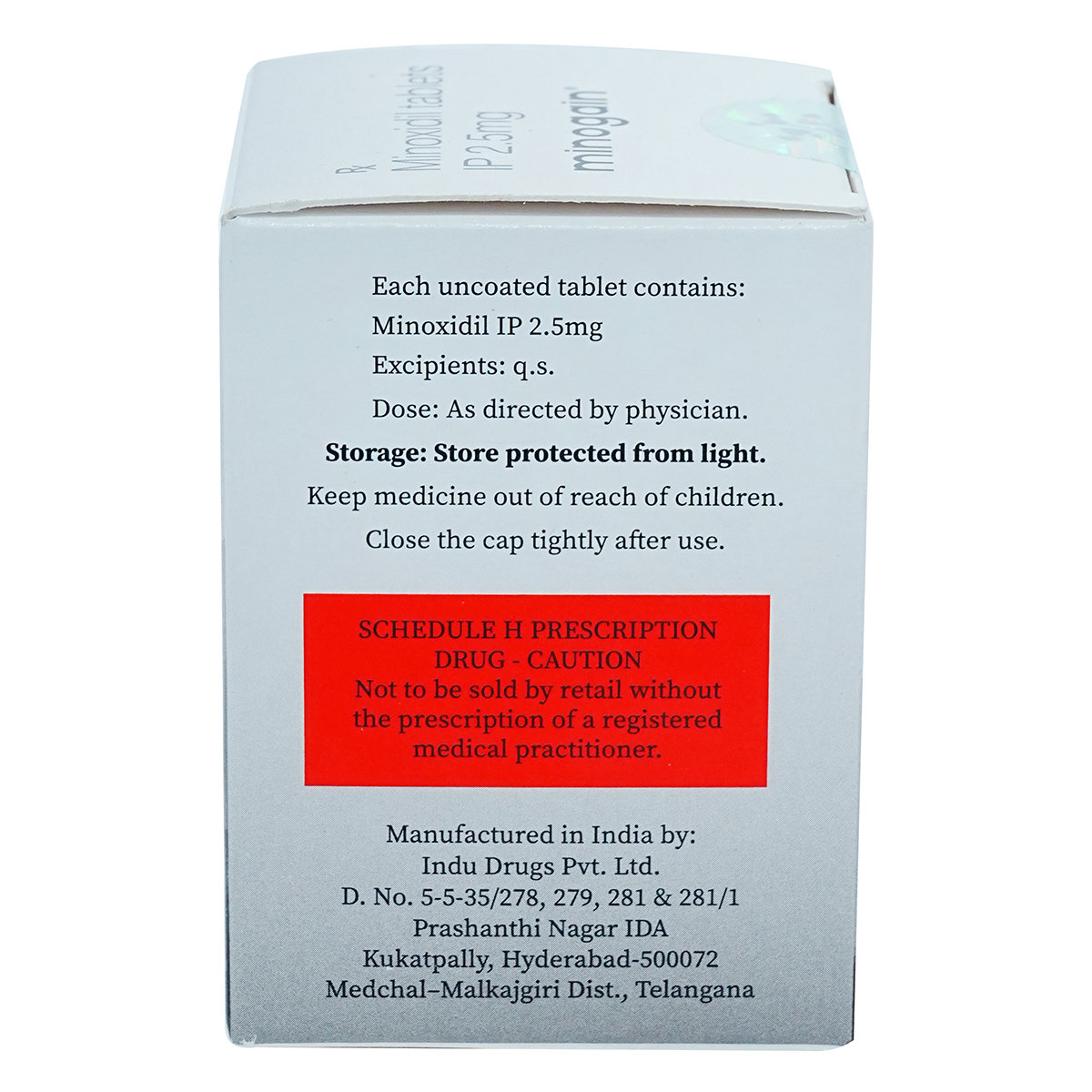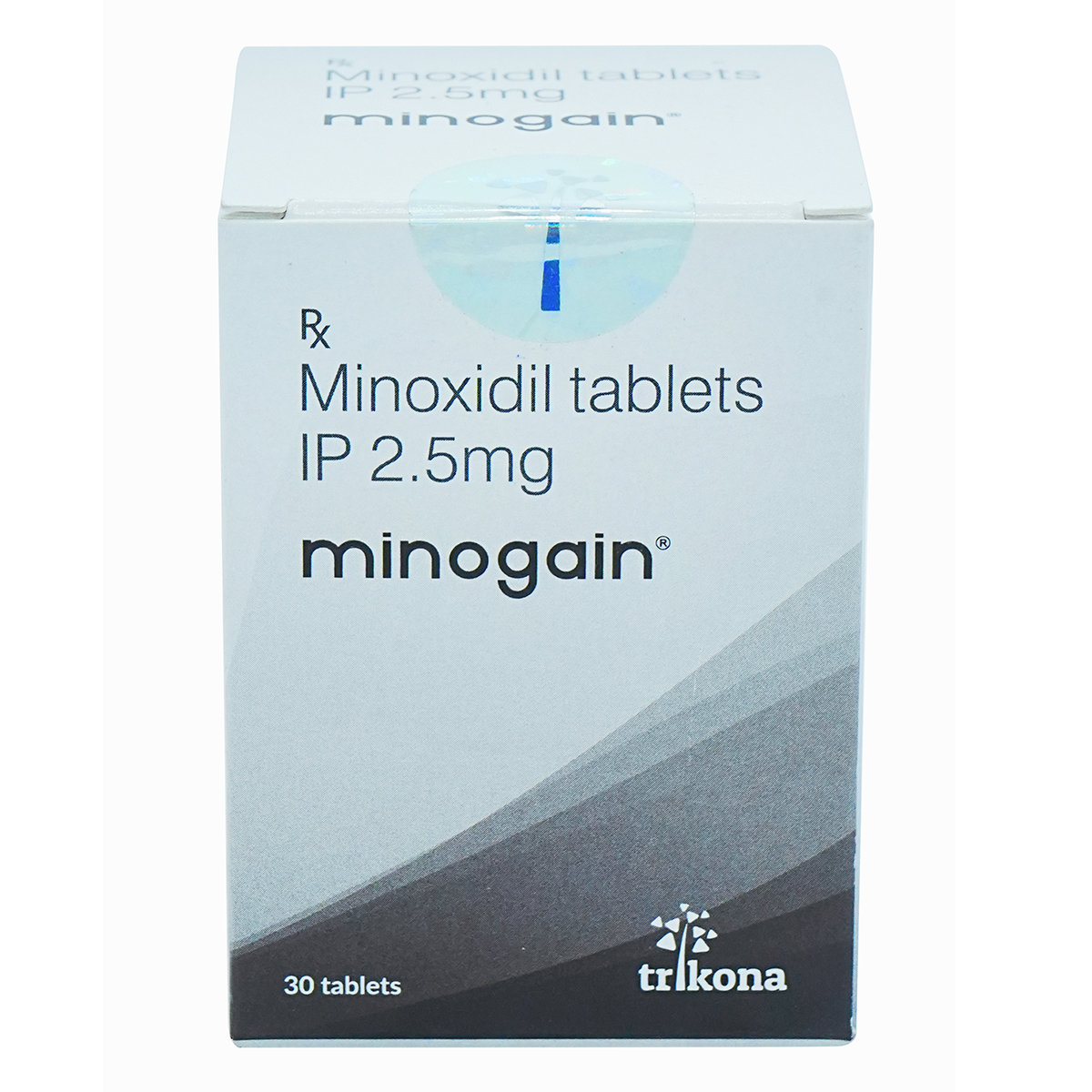Minogain 2.5 mg Tablet 30's
MRP ₹450
(Inclusive of all Taxes)
₹67.5 Cashback (15%)
Provide Delivery Location

secured payment

india's most trusted pharmacy

genuine products
Composition :
Manufacturer/Marketer :
Consume Type :
Expires on or after :
Return Policy :
About Minogain 2.5 mg Tablet
Minogain 2.5 mg Tablet is an antihypertensive vasodilator that is used to treat hypertension (high blood pressure). Hypertension is a condition in which blood pressure is elevated persistently in the arteries. Symptoms of high blood pressure include headache, dizziness, nose bleed, changes in vision, chest pain, weakness and dyspnoea (shortness of breath). However, most of the time, the signs and symptoms of hypertension are none.
Minogain 2.5 mg Tablet contains Minoxidil, a potassium channel opener. It dilates (widens) the blood vessels to promote blood flow, thus reducing high blood pressure.
Use Minogain 2.5 mg Tablet as suggested by your doctor. Common side effects of Minogain 2.5 mg Tablet include dizziness, breast pain/tenderness, increased heartbeat, fluid retention (oedema), nausea, and vomiting. These side effects do not require any medical attention and usually resolve with time. If you notice any other symptoms that are unmanageable, please consult your doctor for further advice.
Let your doctor know if you have a history of pheochromocytoma (adrenal gland tumour), kidney diseases, pulmonary hypertension, congestive heart failure, angina or chest pain, a recent heart attack, asthma, migraine, and seizures (fits). Minogain 2.5 mg Tablet may make you dizzy, affecting your ability to drive or operate machinery; hence drive only when you are alert. Alcohol may worsen dizziness; hence please avoid or limit its consumption while being treated with Minogain 2.5 mg Tablet . Pregnant and breastfeeding mothers should consult the doctor before starting Minogain 2.5 mg Tablet .
Uses of Minogain 2.5 mg Tablet

Have a query?
Directions for Use
Key Benefits
Minogain 2.5 mg Tablet is an antihypertensive vasodilator that treats hypertension (high blood pressure). It opens the potassium channels and widens the blood vessels to promote blood flow. This vasodilation process aids in reducing high blood pressure.
Storage
- If you notice any sudden changes in your heartbeat, contact your doctor right away for an evaluation.
- Your doctor may change your medication, adjust your dose, or suggest other treatments to help manage the problem.
- Adopt a healthy diet with more vegetables, fruits, and whole grains.
- Limit your intake of caffeine, alcohol, salt, and fatty foods.
- Do 30 minutes of exercise to maintain a healthy weight and lower your risk of heart problems.
- Regularly check and manage your cholesterol levels and blood pressure.
- Quit smoking, as it can raise your heart rate and blood pressure.
- Find ways to reduce stress, like practicing yoga, deep breathing, or meditation, to help prevent irregular heartbeats.
- Regular cleansing will help get rid of dead skin cells and stop ingrown hairs.
- Keep your hormones in balance by managing your stress, eating well and exercising regularly.
- Shaving, waxing, and bleaching are ways to get rid of extra hair.
- Contact your doctor immediately if you're experiencing a fast heart rate, palpitations, or other heart-related symptoms. This is crucial to determine whether the symptoms are related to your medication.
- Your doctor may need to adjust your medication regimen to alleviate the fast heart rate symptoms. This could involve changing the medication, reducing the dosage, or adding new medications to counteract the side effects.
- Follow your doctor's advice on monitoring your heart rate and blood pressure. This will help track any changes and ensure your heart rate returns normal.
- If you experience severe symptoms such as chest pain, dizziness, or shortness of breath, seek immediate medical attention. These symptoms can indicate a more serious condition that requires prompt treatment.
- Consult your doctor for dose adjustment or alternative medicine if you notice hair color changes.
- To avoid further scalp irritation, use a mild shampoo and conditioner.
- Avoid harsh styling techniques such as tight hairstyles and excessive heat styling.
- Discuss your concerns with a professional hairstylist who can recommend color techniques to manage the look of hair color changes.
- Focus on heart-healthy foods limiting sodium saturated fat and processed foods.
- Focus on consuming a balanced diet rich in nutrients, including an abundance of fruits, vegetables, whole grains, and lean protein sources.
- Limit sodium intake reducing salt consumption to manage fluid retention.
- Choose low-saturated fat options avoiding fried foods red meat and processed meats.
- Eat fiber-rich foods like fruits vegetables whole grains for healthy digestion.
- Opt for lean protein sources like fish chicken breast tofu.
- Incorporate healthy fats like unsaturated fats from avocados nuts olive oil.
- Exercise regularly with moderate-intensity exercise as recommended by your doctor.
- To manage stress, try relaxation methods like deep breathing exercises, meditation, or yoga to help calm your mind and body.
- Limit alcohol consumption as excessive drinking can worsen heart health.
- Stay hydrated by drinking plenty of water.
- Quit smoking as it significantly impacts heart health.
- Consult your doctor to discuss dietary and lifestyle changes with your healthcare provider.
- Keep the patient safe from infections and treat other health conditions like lupus or thyroid problems.
- Refrain from smoking to relieve strain on the heart.
- Exercise regularly, and maintain a balanced diet.
- Monitor your health through regular checkups to support heart health.
- Provide oxygen and let the patient rest with their legs up to reduce pressure on the heart.
- Try eating smaller meals (4-5 times) instead of large ones to make it easier on your stomach.
- Avoid foods that are spicy, fatty, or high in insoluble fibre.
- Consuming soluble fibre (such as psyllium) can help with constipation, and probiotics may reduce bloating and discomfort.
- Stay away from carbonated drinks, alcohol, caffeine, and smoking, as they can upset your stomach.
- Reducing stress, losing weight, and exercising regularly for 20-30 minutes can help improve digestion and reduce stomach issues.
- Poor sleep can worsen stomach problems, so focus on good sleep habits or use tools like Sleepio to improve your sleep.
Drug Warnings
Inform your doctor if you have a history of pheochromocytoma, heart problems, lung diseases, asthma, migraine, fits, liver, and kidney diseases. If you are pregnant, planning for pregnancy or breastfeeding, please consult a doctor before starting Minogain 2.5 mg Tablet . Minogain 2.5 mg Tablet may make you dizzy, affecting your ability to drive or operate machinery; hence drive only when you are alert. Alcohol may worsen dizziness; hence please avoid or limit its consumption while being treated with Minogain 2.5 mg Tablet . Minogain 2.5 mg Tablet should be used in children below 12 years only when prescribed by a doctor.
Drug-Drug Interactions
Drug-Drug Interactions
Login/Sign Up
Coadministration of Minogain 2.5 mg Tablet and Tizanidine can lead to low blood pressure.
How to manage the interaction:
There may be a possible interaction between Minogain 2.5 mg Tablet and Tizanidine, but they can be taken together if a doctor has prescribed them. However, if you experience lightheaded, dizziness, fainting, or changes in your pulse or heart rate consult a doctor. Do not discontinue any medications without consulting a doctor.
The use of Minogain 2.5 mg Tablet and Guanethidine can lower the blood pressure and slow down the heart rate.
How to manage the interaction:
There may be a possible interaction between Minogain 2.5 mg Tablet and guanethidine, but they can be taken together if a doctor has prescribed them. However, if you experience lightheadedness, dizziness, headaches, fainting, or changes in your pulse or heart rate consult a doctor. Do not discontinue any medications without consulting a doctor.
Drug-Food Interactions
Drug-Food Interactions
Login/Sign Up
Diet & Lifestyle Advise
- Do regular physical activity or exercise for at least 150 minutes per week or about 30 minutes.
- Limit sodium chloride intake (table salt) in your daily diet.
- Quit smoking to lower the risk of heart diseases.
- Avoid chronic stress as it can raise your blood pressure. Try to enjoy and spend time with your loved ones to cope with stress.
- Monitor your blood pressure daily, and if you notice any fluctuations frequently, please contact your doctor immediately.
- Try including heart-healthy omega 3 fatty acid-containing foods in your daily diet.
Habit Forming
Therapeutic Class
Alcohol
Safe if prescribed
Avoid alcohol consumption to prevent the worsening of side effects.
Pregnancy
Consult your doctor
Minogain 2.5 mg Tablet is a pregnancy category C drug and is not recommended to use during pregnancy since it may affect the foetus. Please consult your doctor if you are planning to become pregnant or already pregnant before starting Minogain 2.5 mg Tablet .
Breast Feeding
Consult your doctor
Minogain 2.5 mg Tablet passes into the breast milk. Please consult the doctor before using Minogain 2.5 mg Tablet if you are a nursing mother.
Driving
Safe if prescribed
Minogain 2.5 mg Tablet may cause dizziness and affect your ability to drive and operate machines. Do not drive until you are focused and mentally alert while undergoing treatment with Minogain 2.5 mg Tablet .
Liver
Consult your doctor
Let your doctor know if you have any history of liver diseases or hepatic impairment before using Minogain 2.5 mg Tablet . Your doctor will weigh the benefits and potential risks before prescribing Minogain 2.5 mg Tablet .
Kidney
Consult your doctor
Let your doctor know if you have any history of kidney diseases before using Minogain 2.5 mg Tablet . Your doctor will weigh the benefits and potential risks before prescribing Minogain 2.5 mg Tablet .
Children
Safe if prescribed
Minogain 2.5 mg Tablet is recommended for use in children under 12 years of age only with a doctor's advice. Your doctor will decide the dosage based on the child's age and weight.
FAQs
Minogain 2.5 mg Tablet is a vasodilator that widens the blood vessels promoting blood flow. This process helps the blood flow easily, lowering the high blood pressure.
Minogain 2.5 mg Tablet is indicated for people who suffer from high blood pressure, face symptoms of damage to vital organs, and for those who had no results with other medicines or experienced disturbing side effects.
Minogain 2.5 mg Tablet can cause weight gain. You may weigh extra 2-3 pounds at the beginning of the treatment, which may be gradually reduced during the course. Maintain a well-balanced meal, limit salt intake, and exercise regularly to slow down the process of weight gain.
Minogain 2.5 mg Tablet may cause the fine body hair to grow thicker and longer. This can be bothersome in women and children when the body hair grows on the face, back, arms, and legs. You can control unwanted hair by using a hair removal product or shaving. This extra hair is temporary and disappears within one to six months after the treatment is stopped.
Minogain 2.5 mg Tablet is meant for the treatment of high blood pressure. Hence, please do not use Minogain 2.5 mg Tablet for scalp hair or beard growth.
Country of origin
Manufacturer/Marketer address
Disclaimer
Author Details
We provide you with authentic, trustworthy and relevant information


